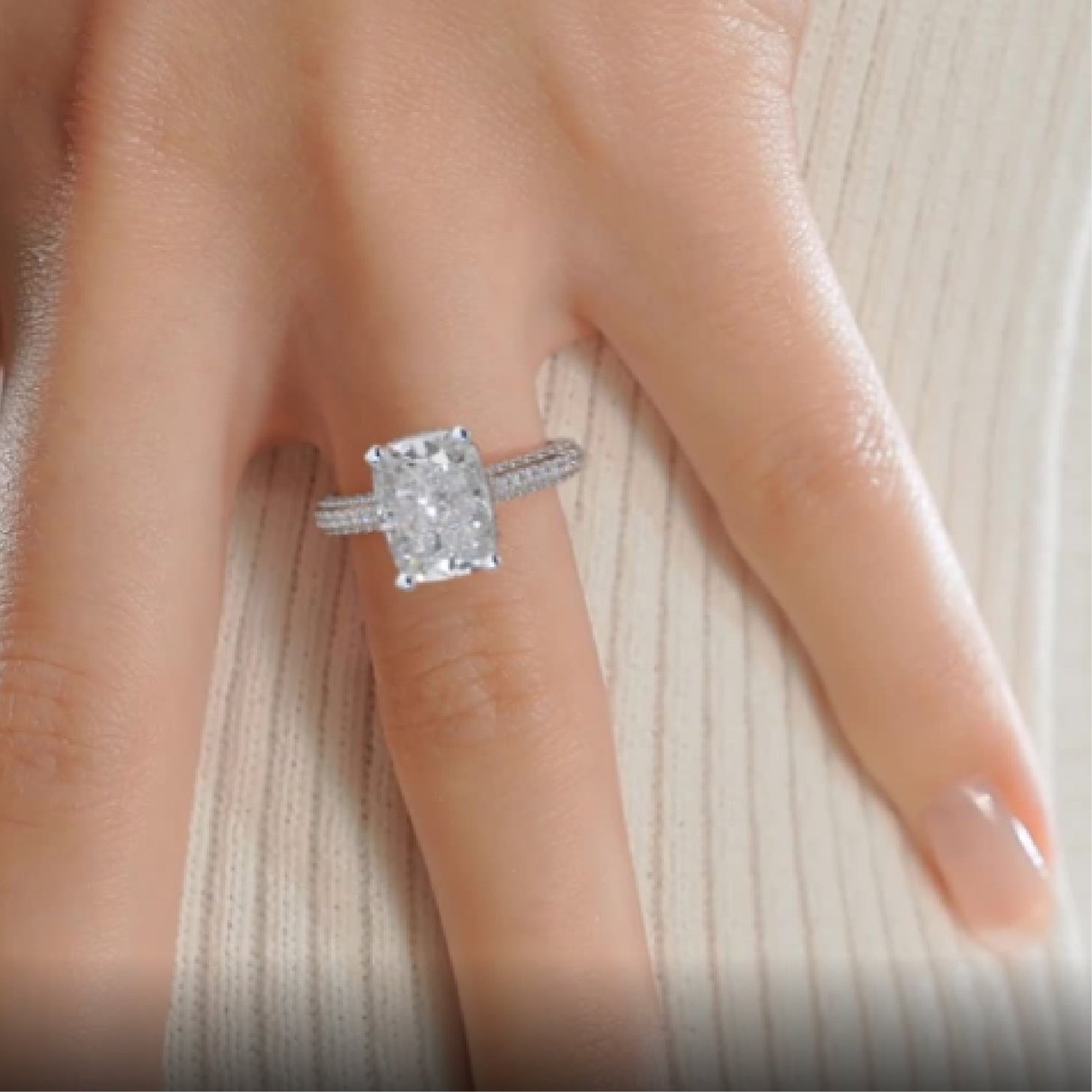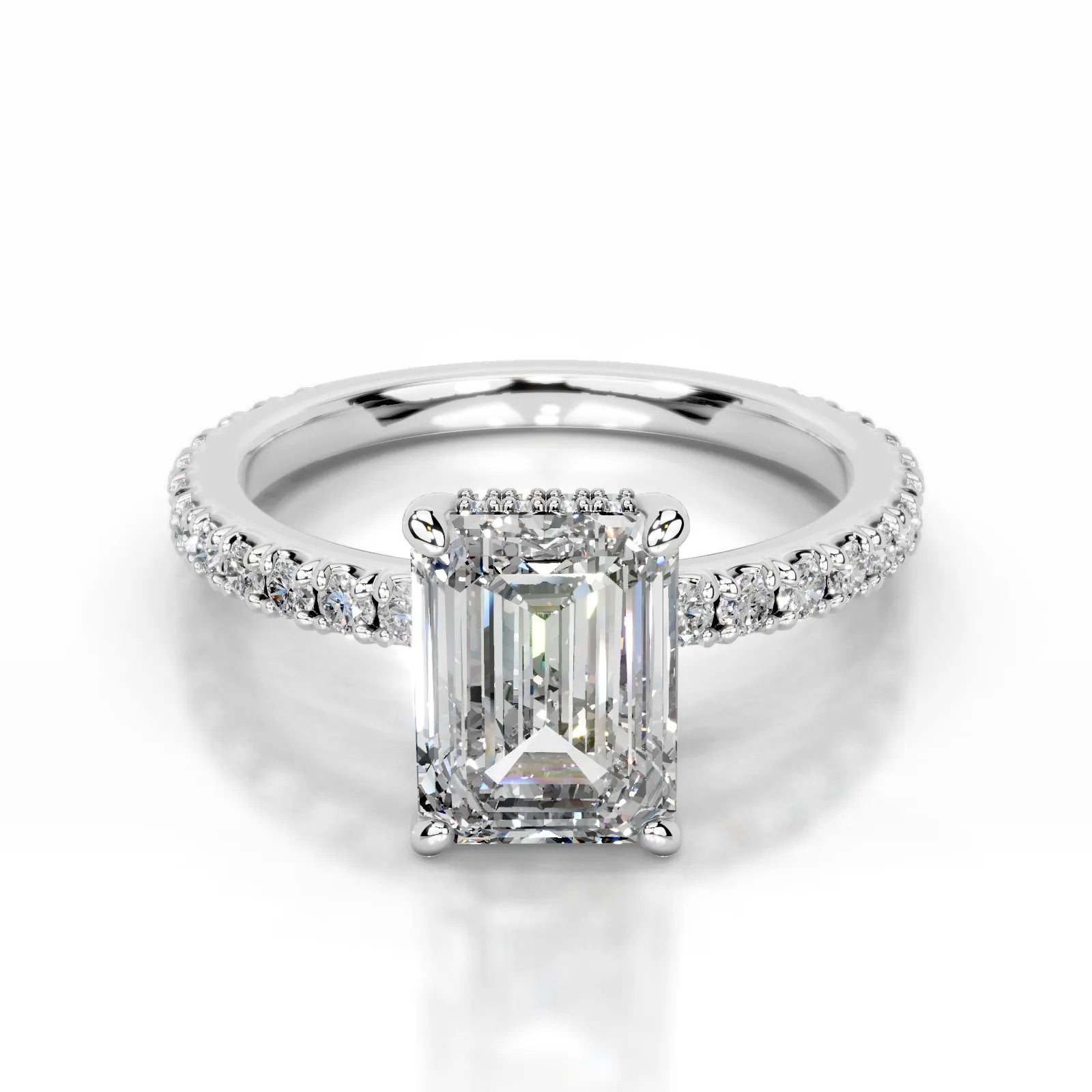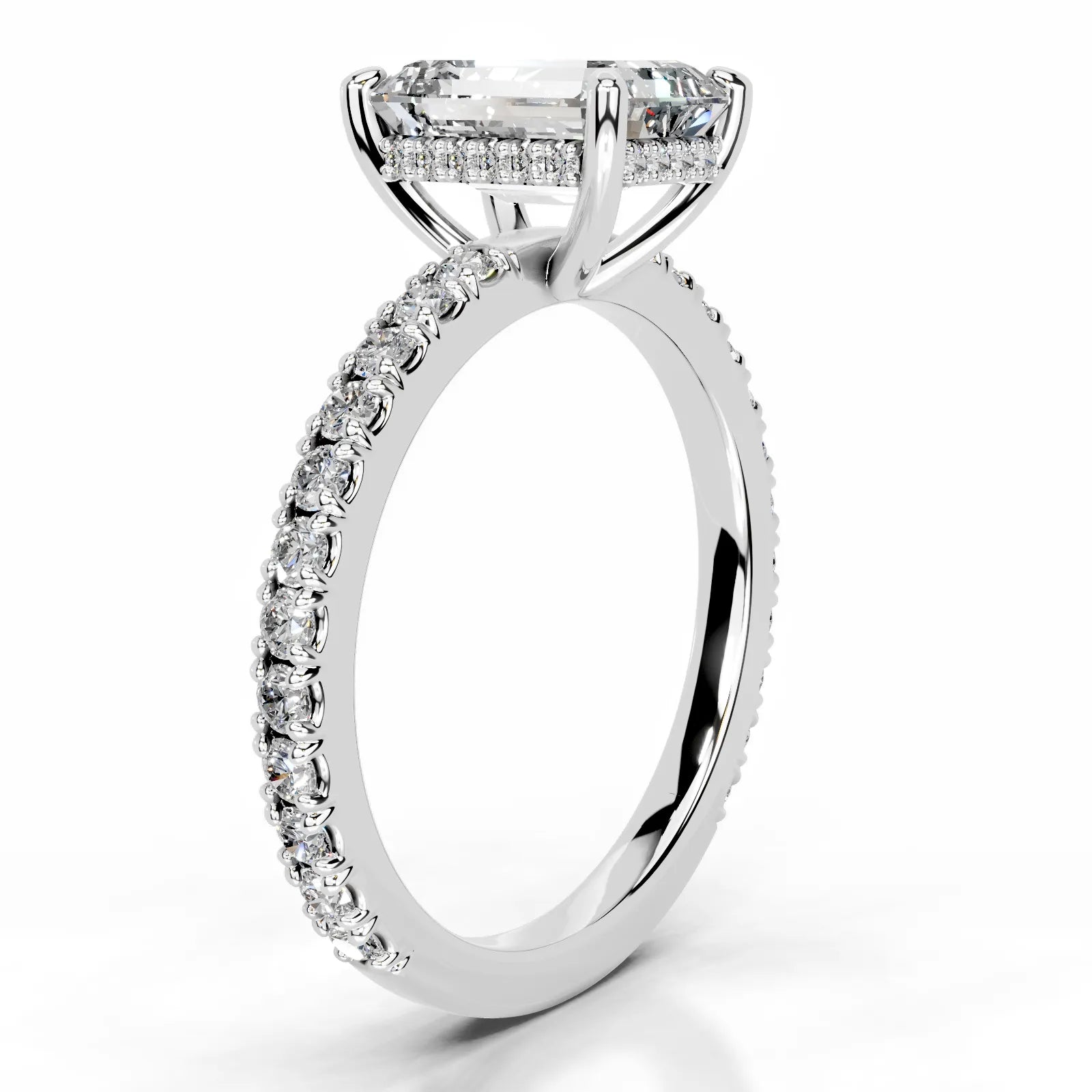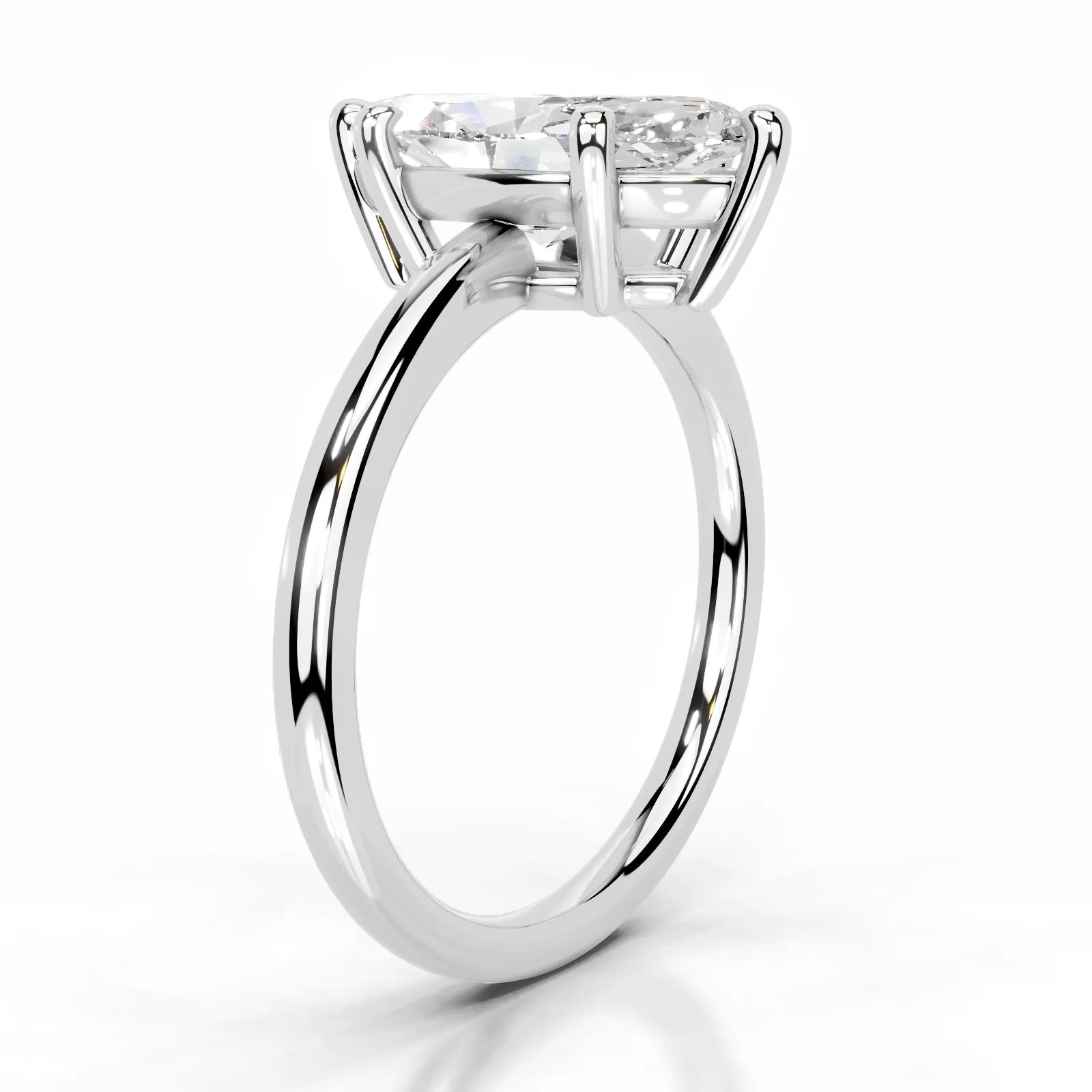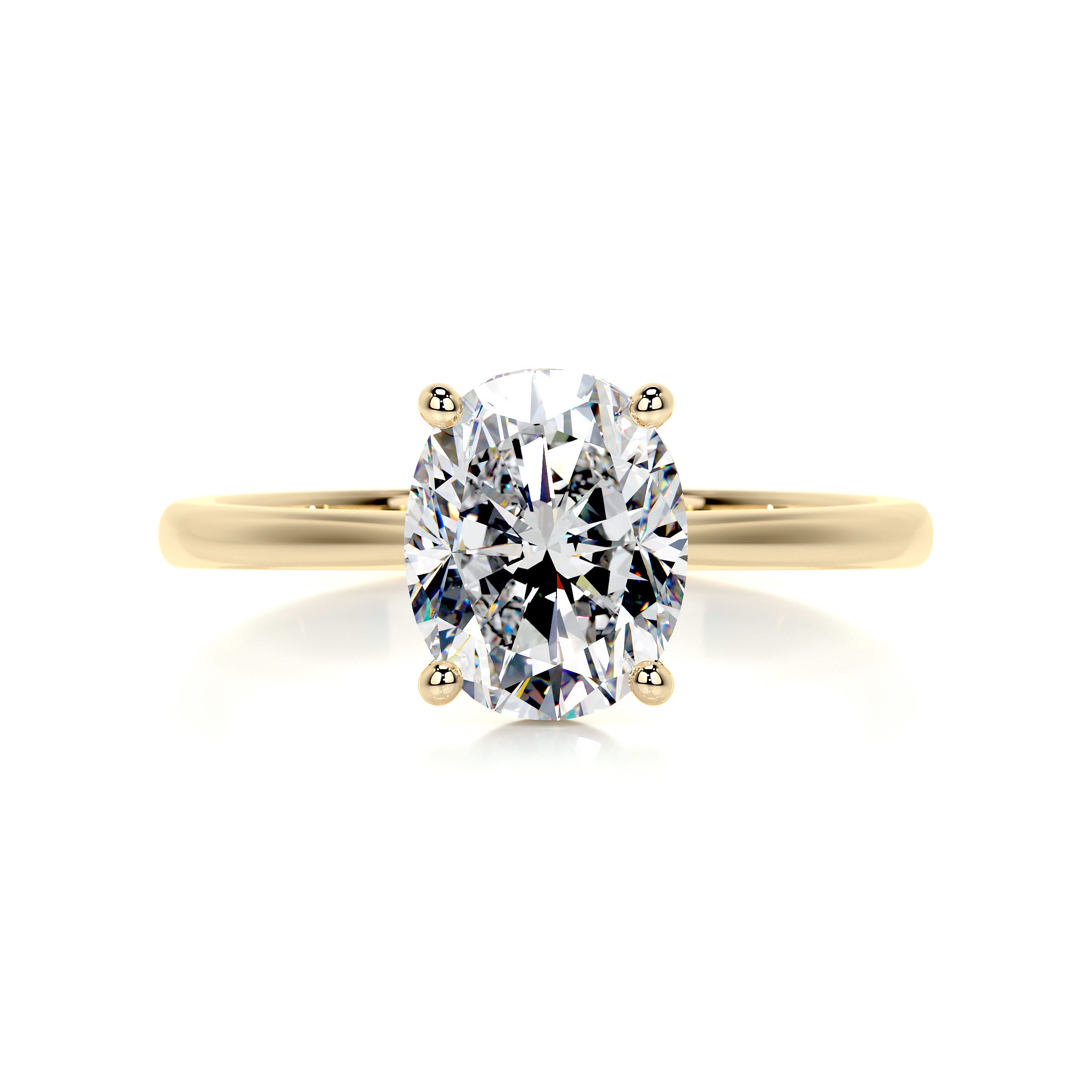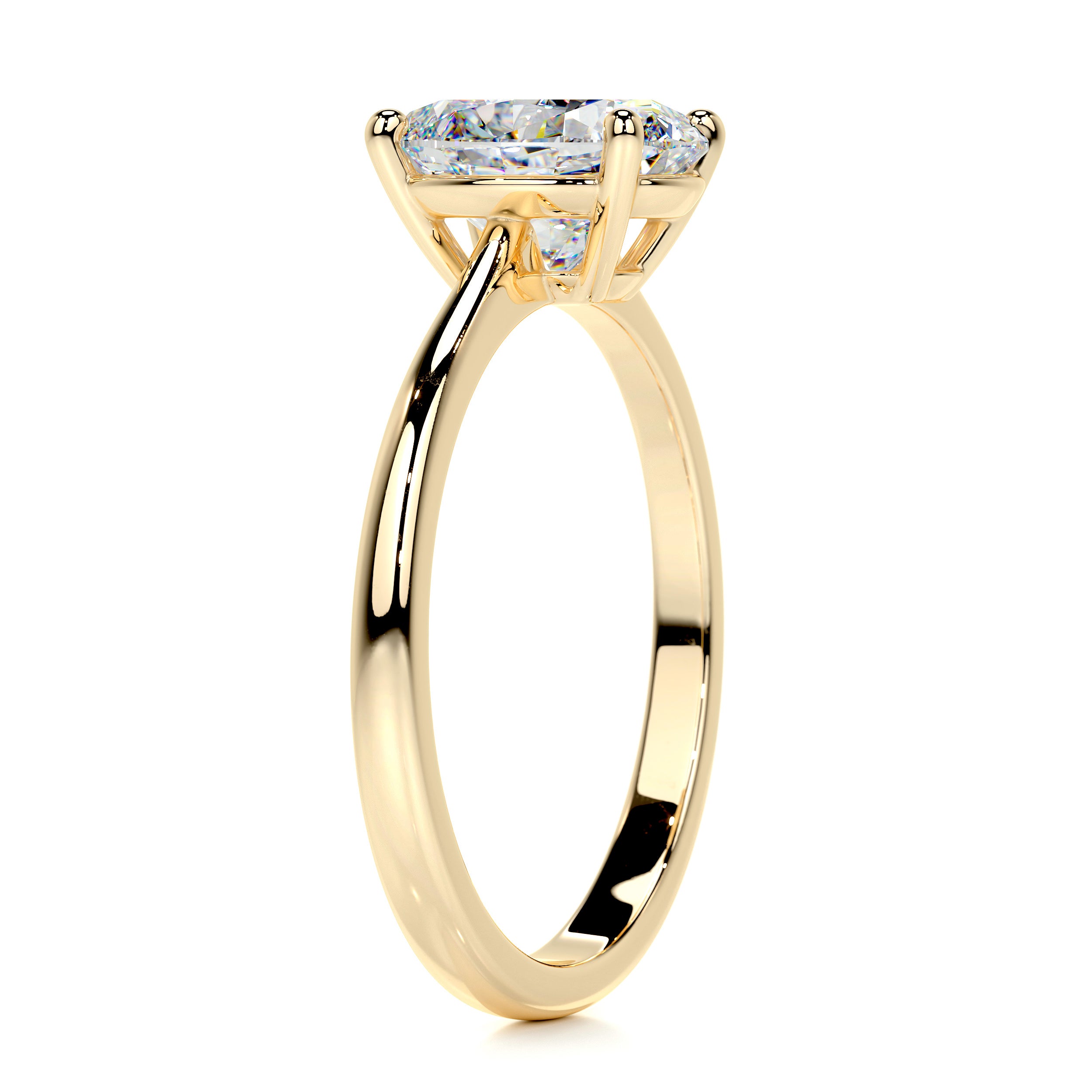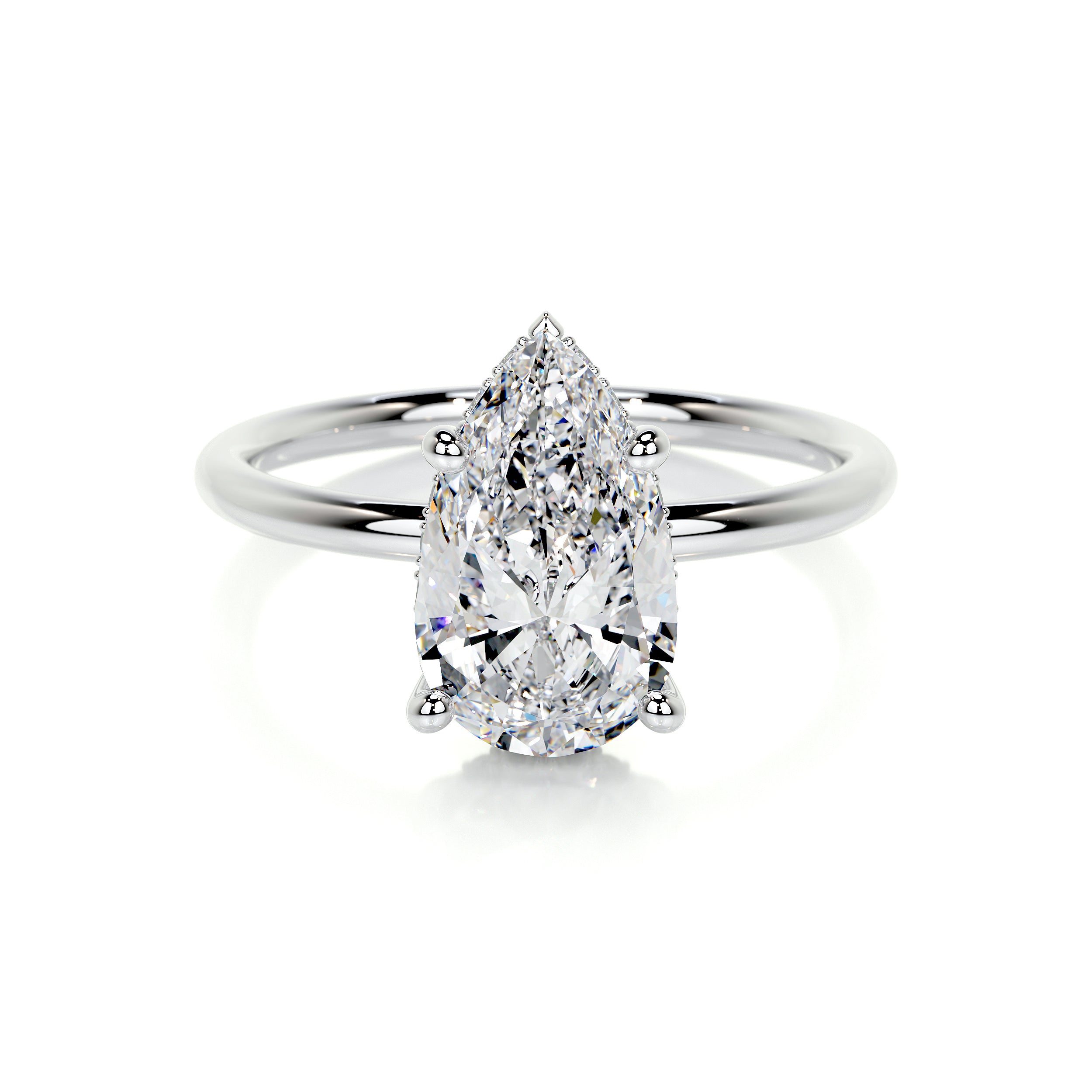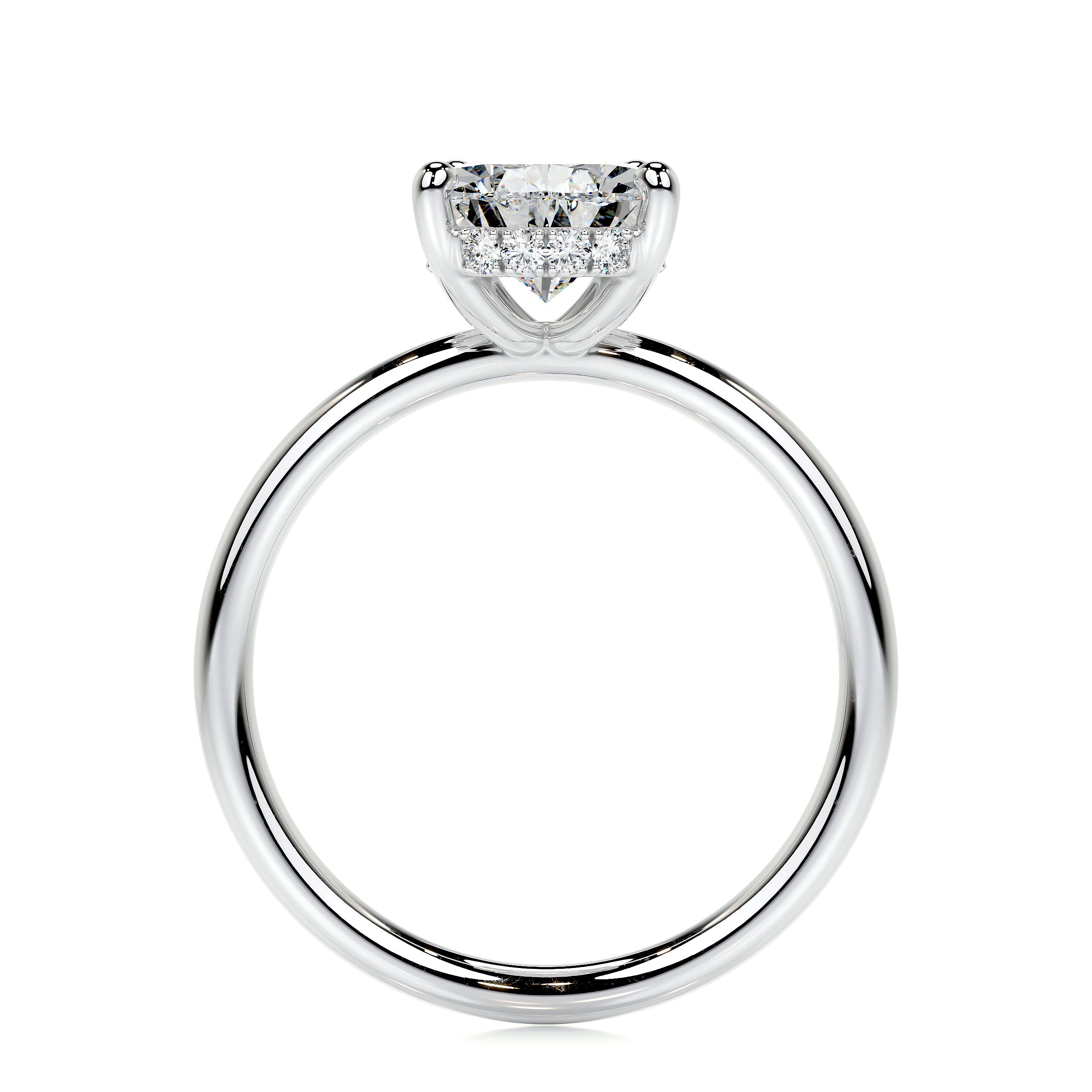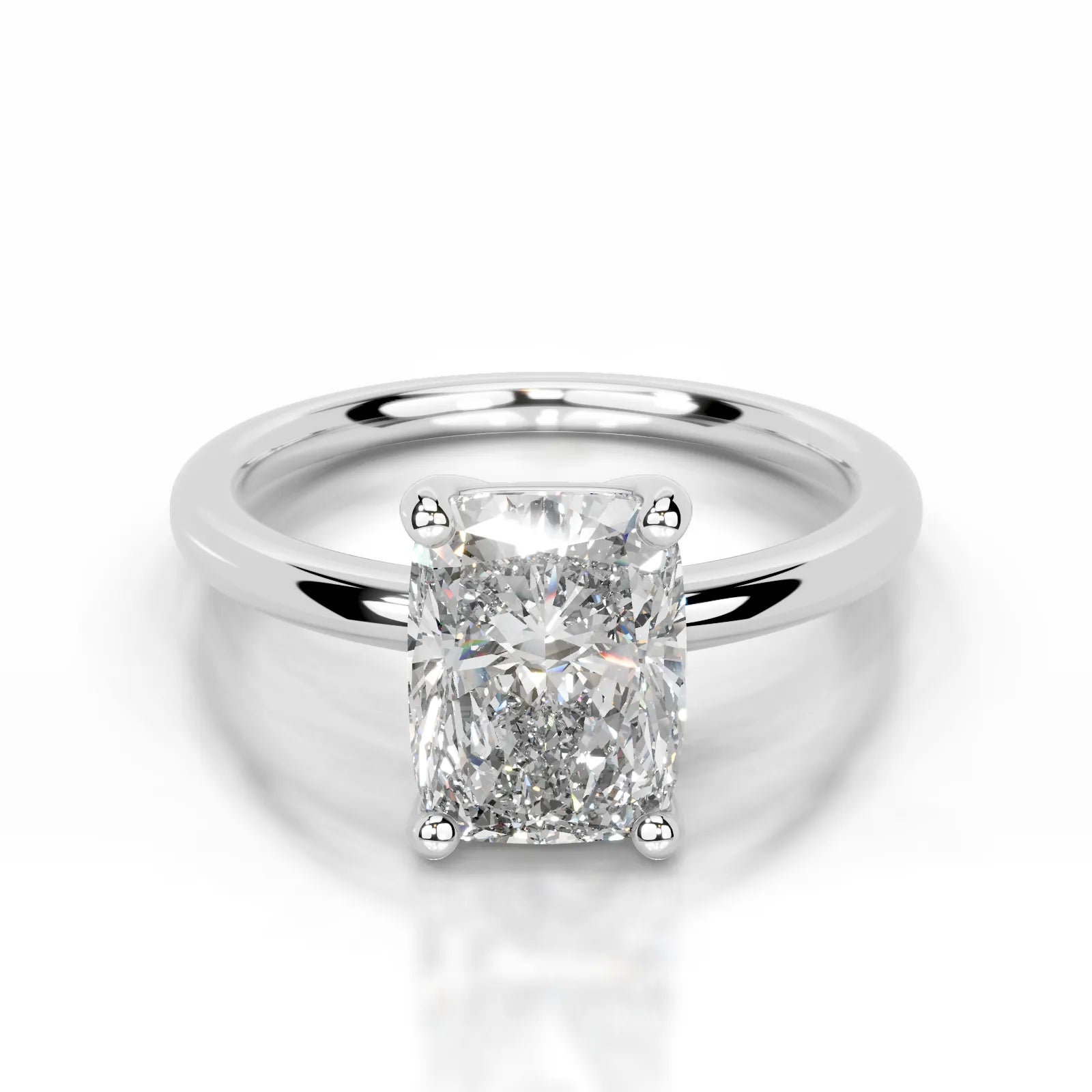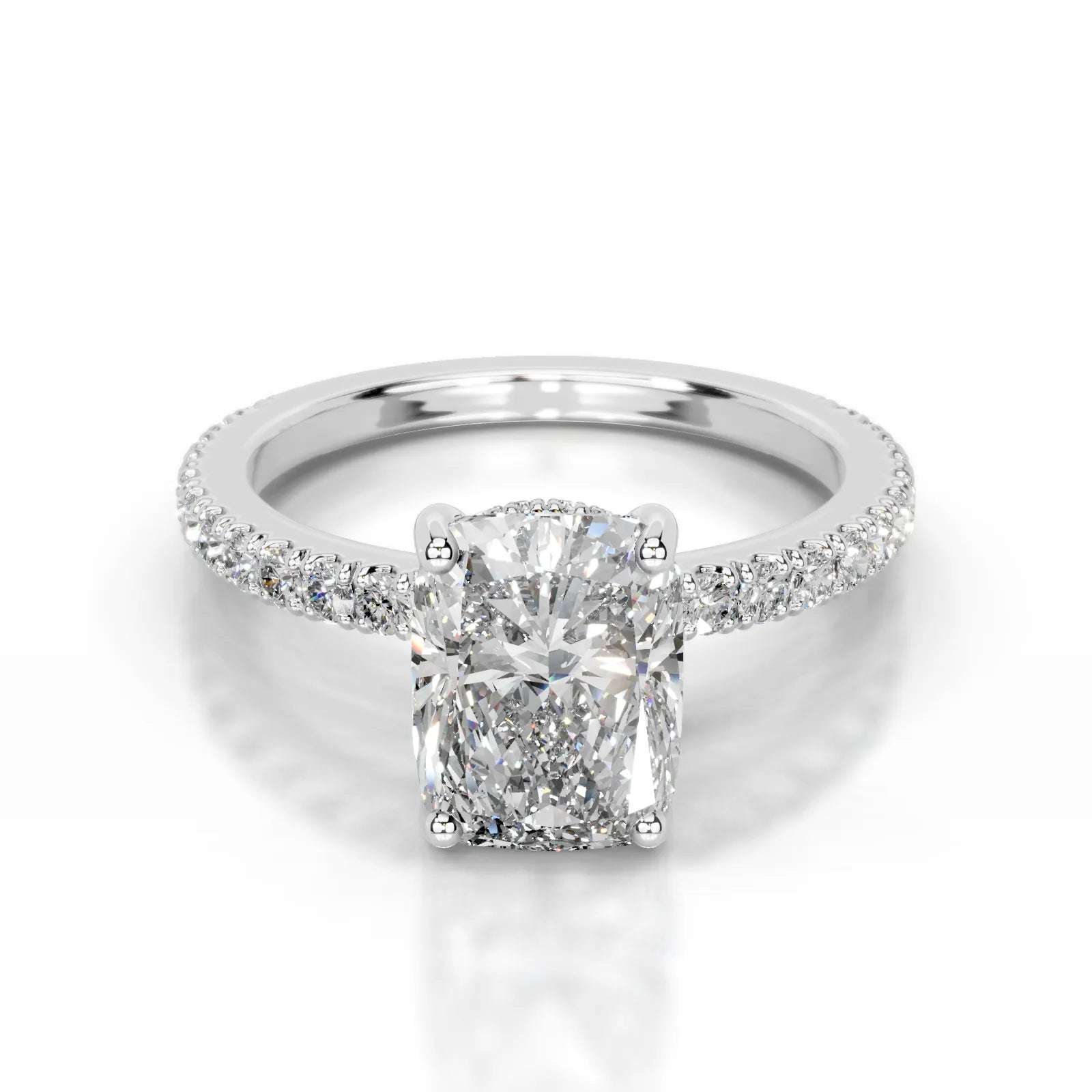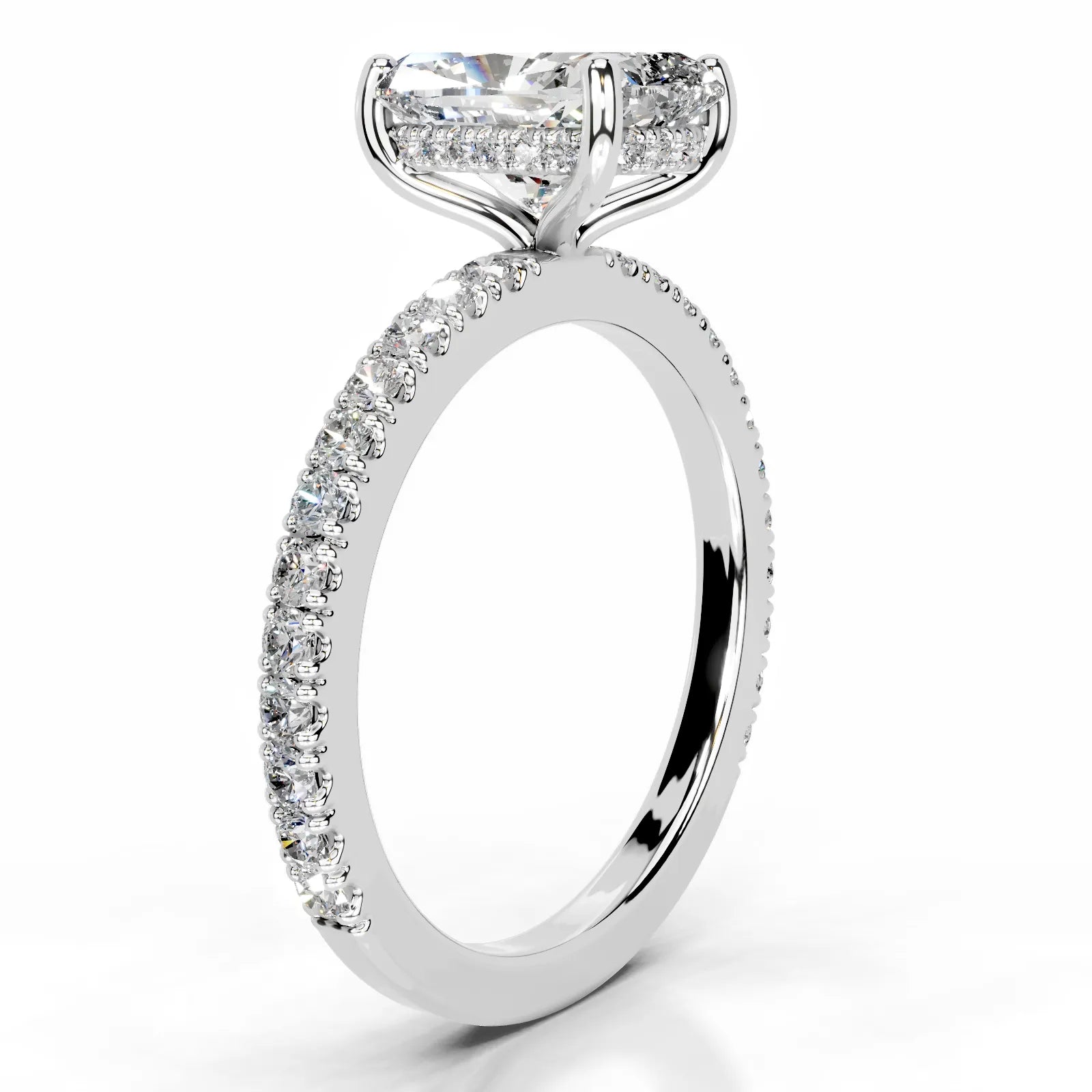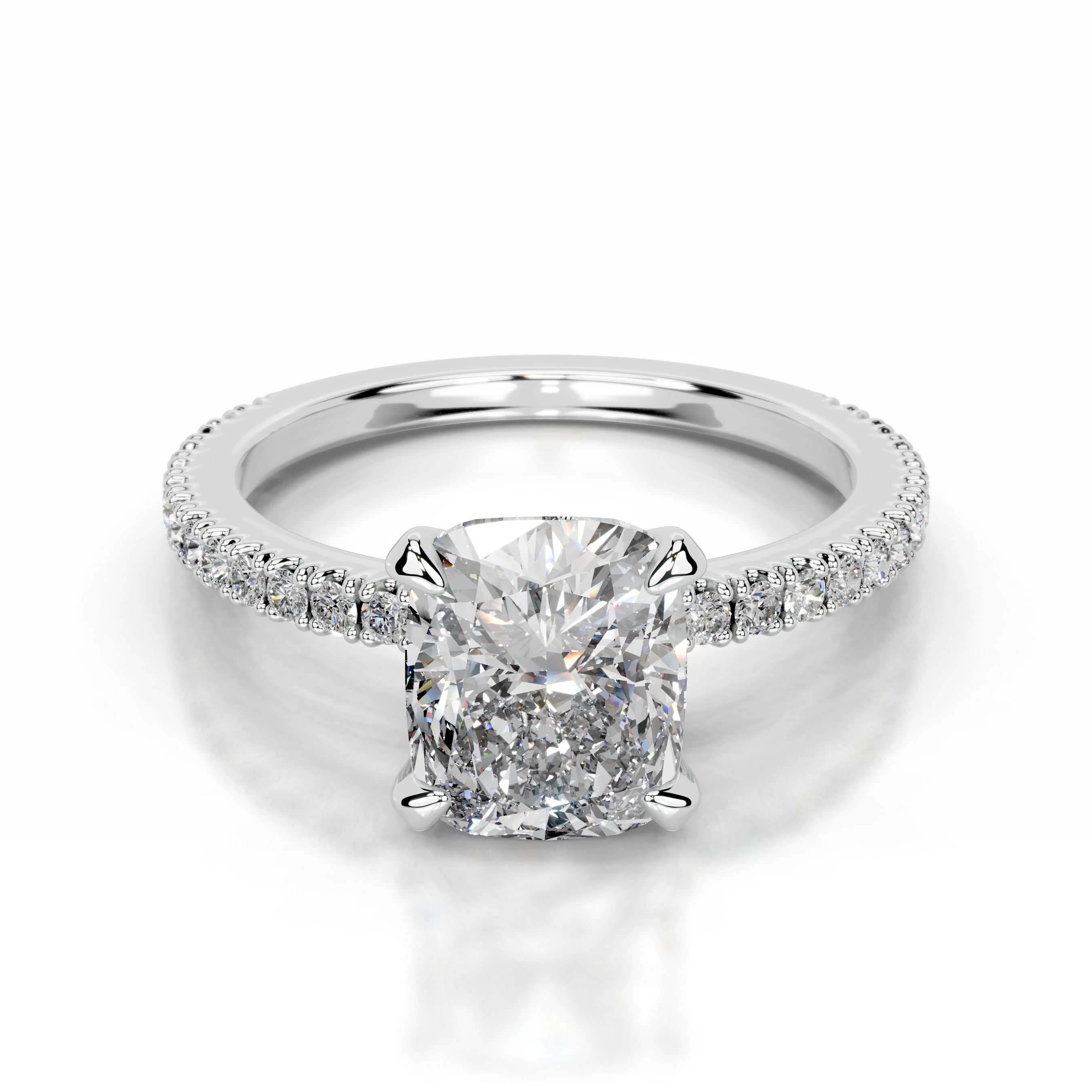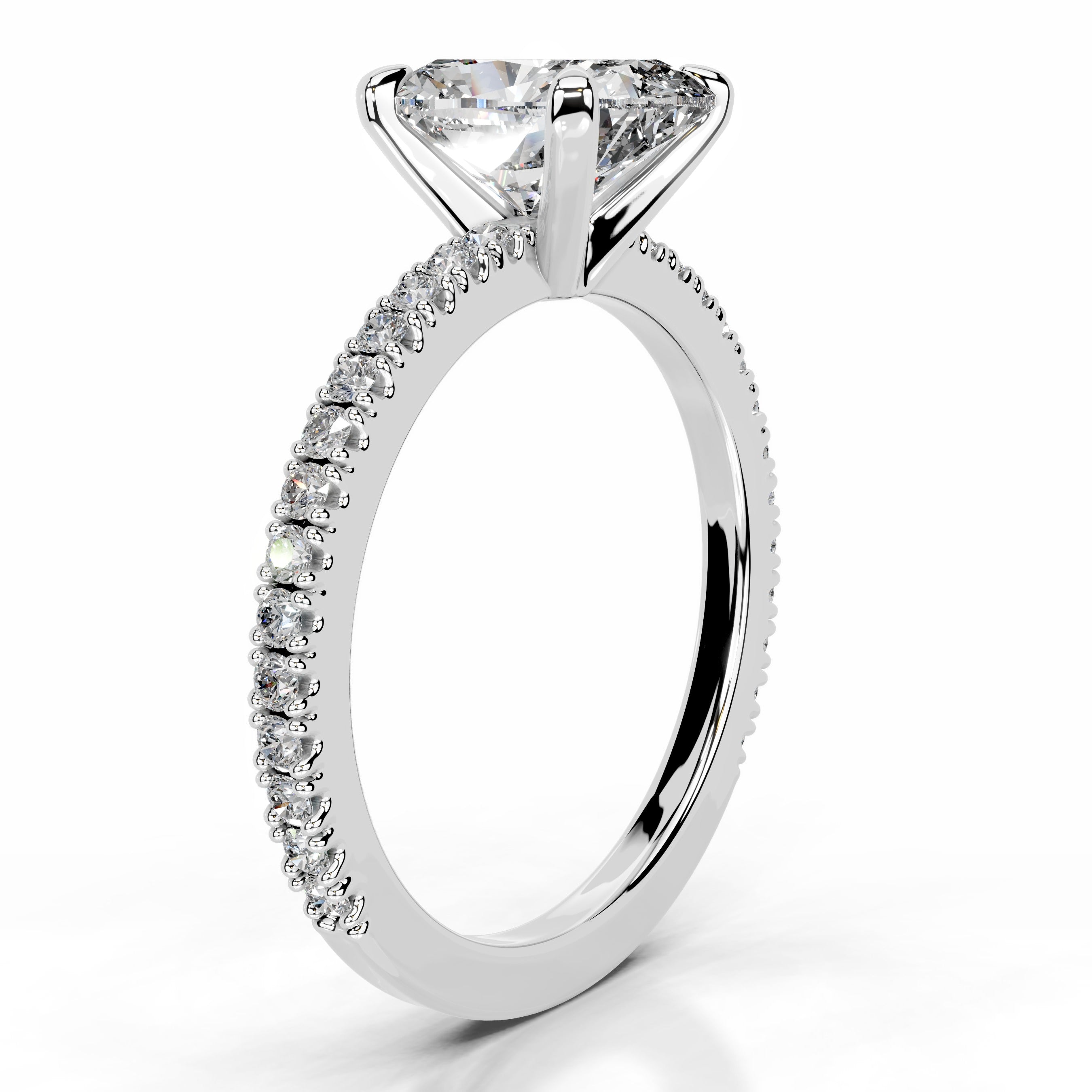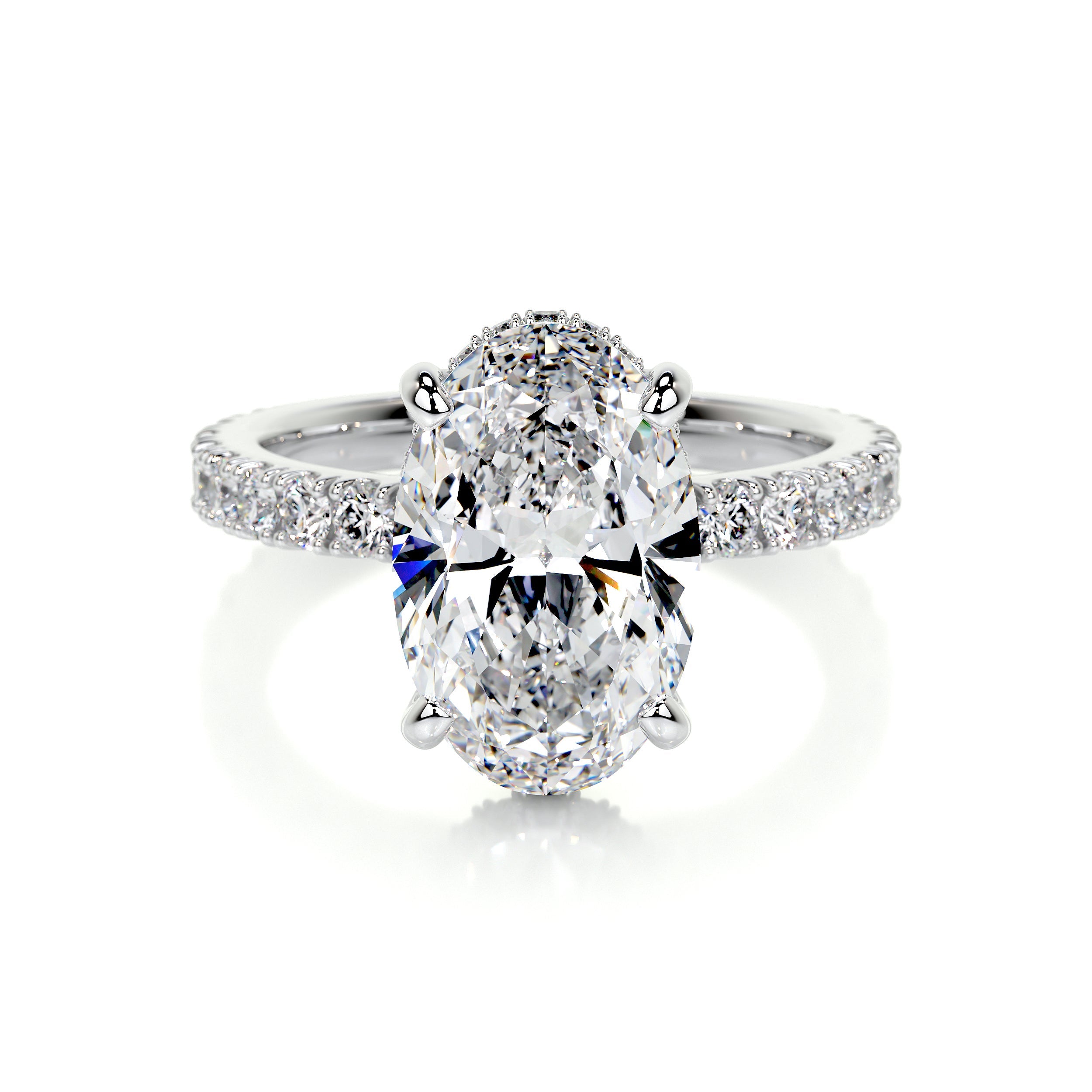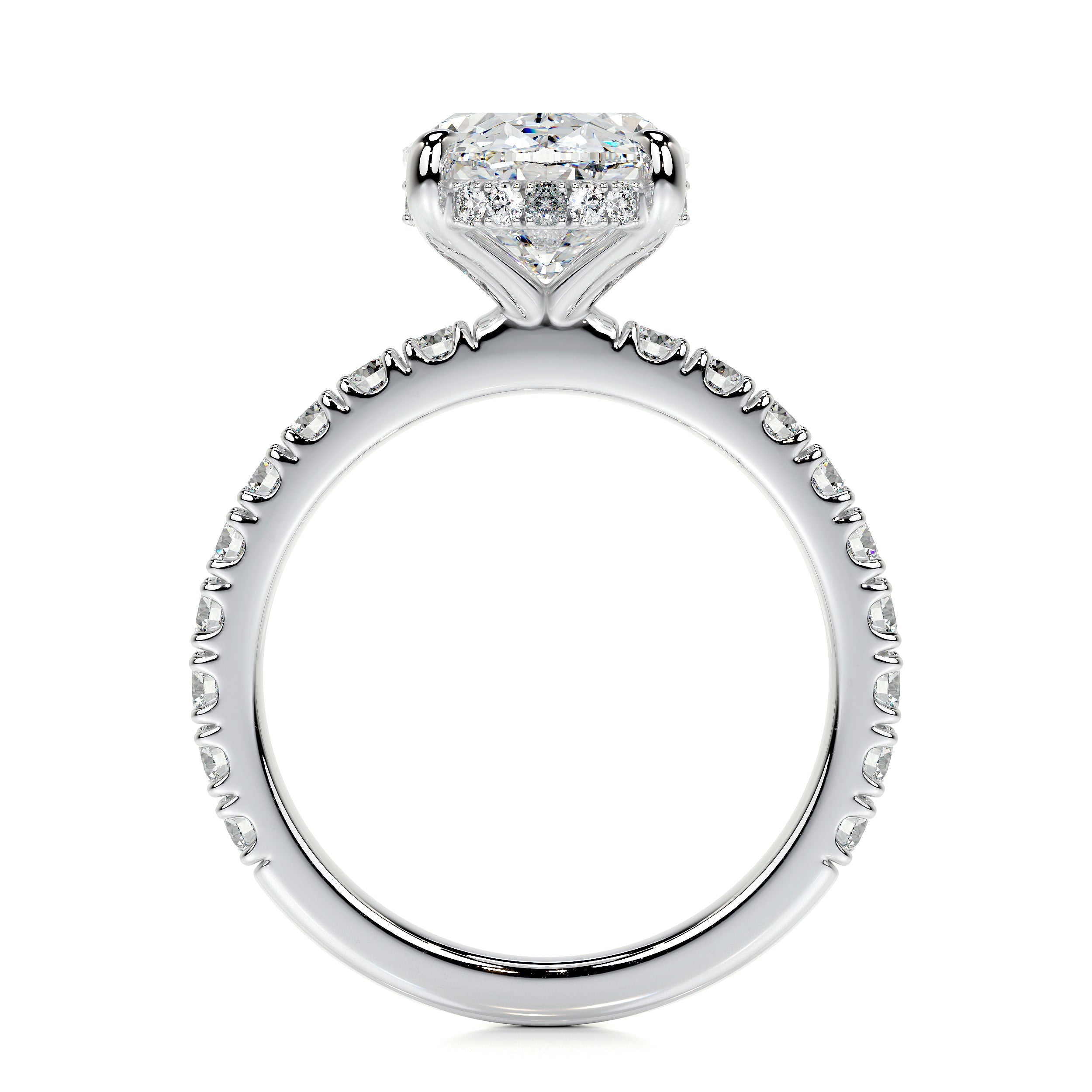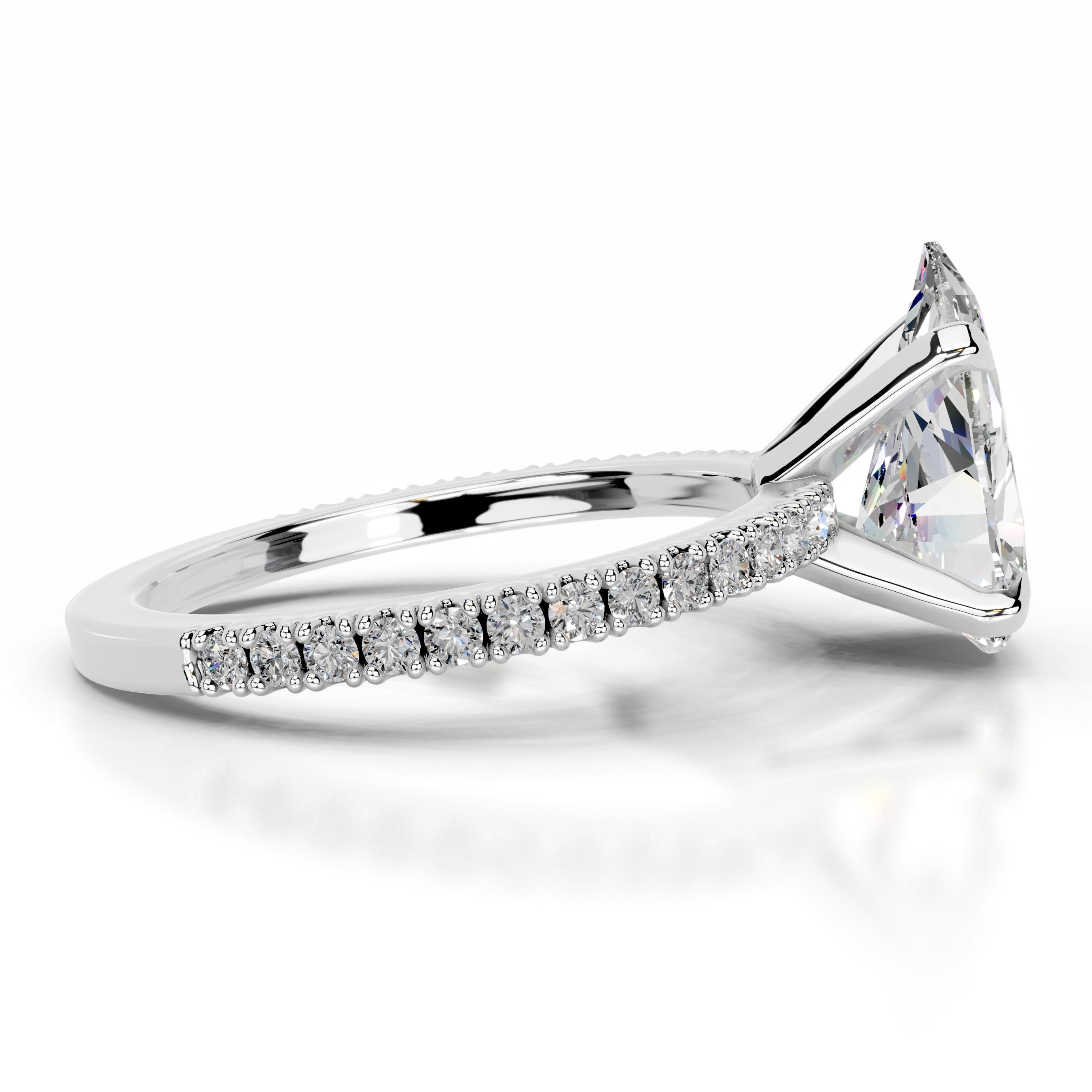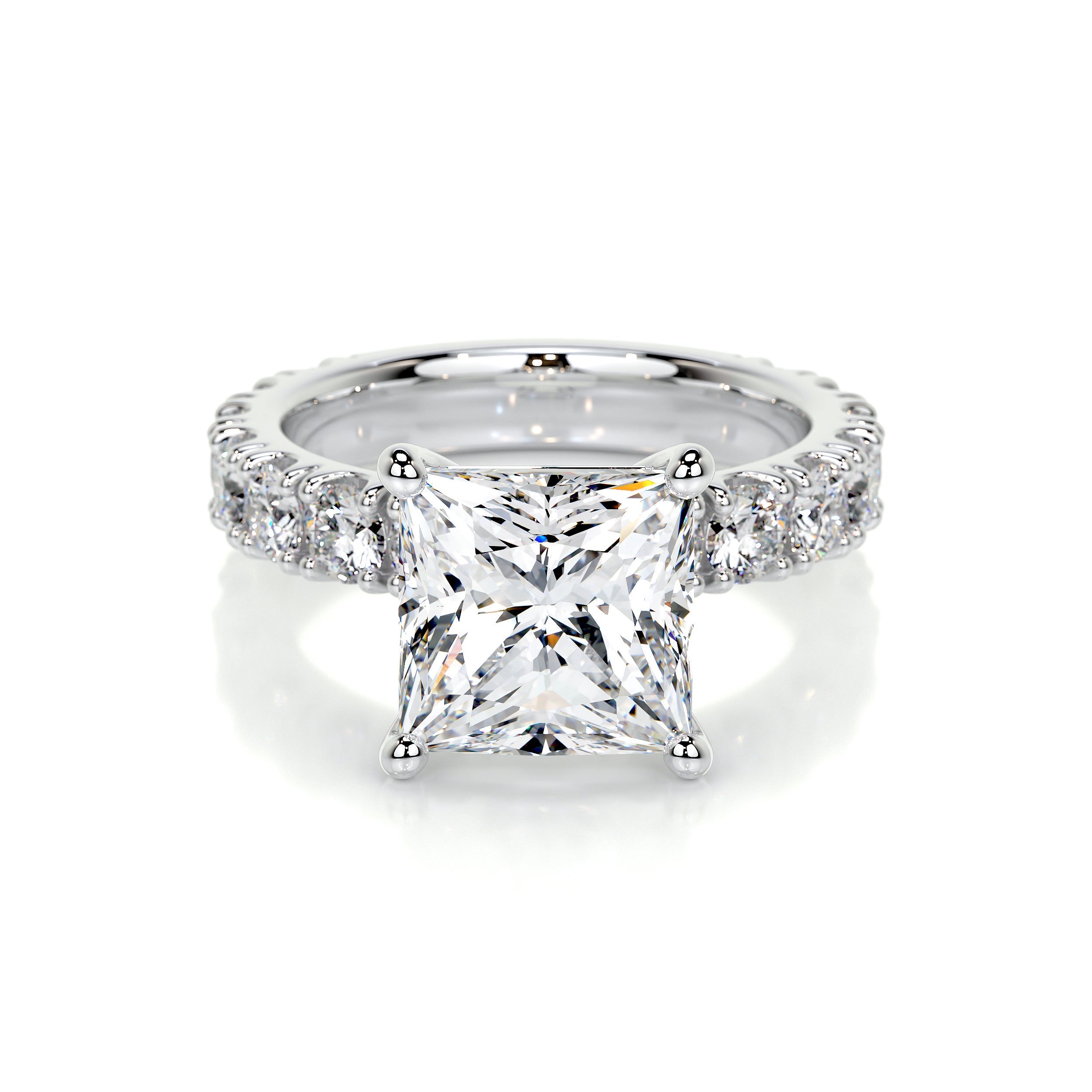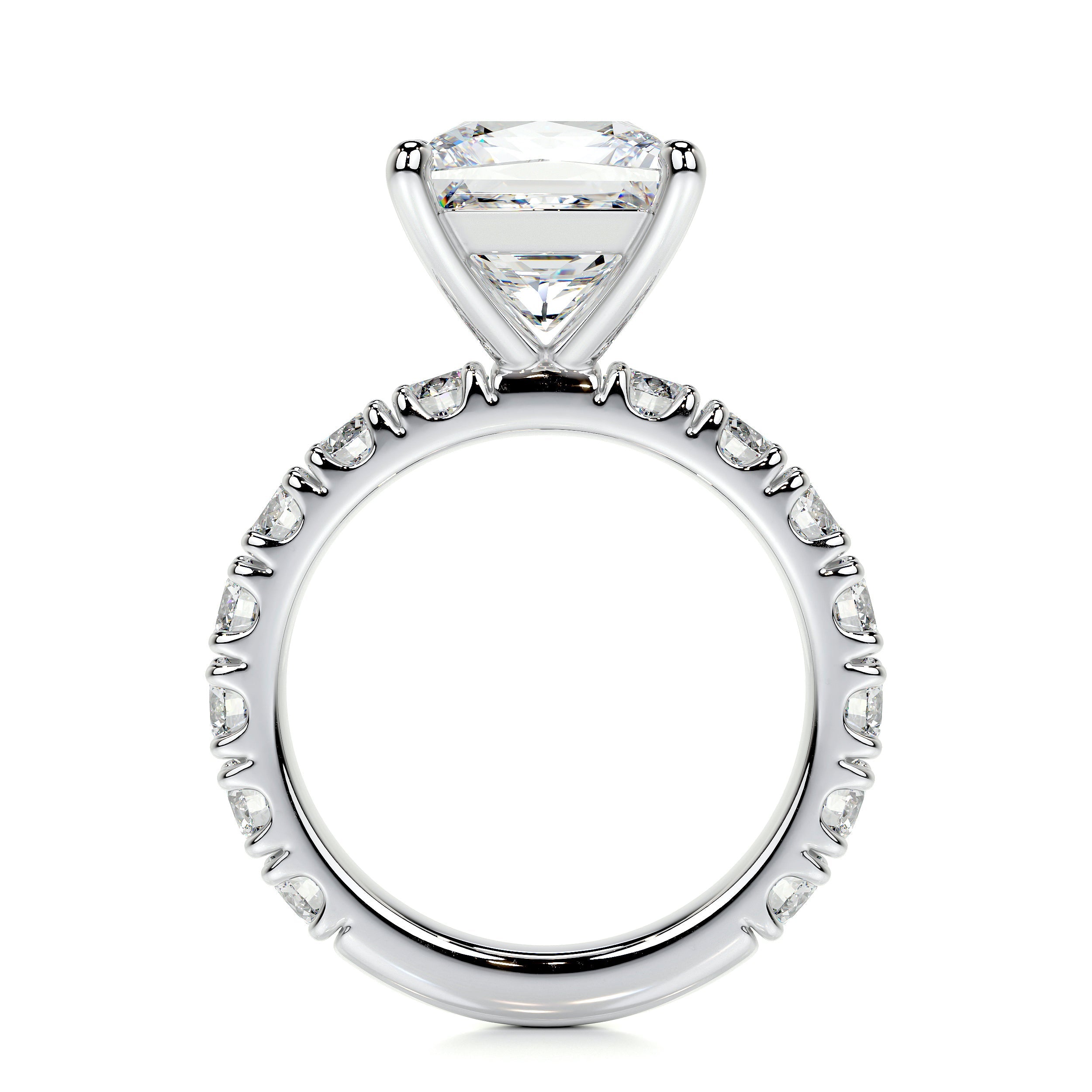Buying an engagement ring has always been a major investment. It’s also a highly emotional one. There is so much love invested in this one piece of jewelry that you want to get it right.
So it’s wise for the couple to do some serious planning prior to purchasing this important piece of jewelry. Today as more consumers do their research (and it’s advisable!) they’re being bombarded by increasingly more phrases regarding their diamond purchase.
Understanding the Language of Diamonds
Shoppers will certainly come across phrases like ethical engagement rings or ethical sourcing. Added to that, there is talk of fair trade, conflict free, blood diamonds, and more. Everyone wants to buy responsibly don’t they? But being overloaded with a litany of phrases, especially ones not prevalent just a decade or two back can be more confusing than it is helpful.
So whether the couple is purchasing a natural diamond which is a wonderfully luxurious choice, or if they opt for a completely stunning lab-grown diamond either choice can be perfect using these guidelines.
Sorting it out one by one will help you to understand the overall meaning of contemporary phraseology associated with diamond shopping.

Ethical Engagement Rings
In brief, a retailer who states that their engagement rings are ethical, are signaling some key points that most shoppers are eager to learn about. First of all, they are declaring complete transparency in the entire process of diamond sourcing and jewelry manufacture. In other words, they declare (with proof!) that they only source their diamonds and precious metals from reputable sources which are engaged in best business practices.
There are no parts of the ring materials that came from sanctioned regions. And as such, there is a bonafide paper trail to substantiate the diamond or metal history. On the part of manufacturing of the ring, the retailer affirms that the ring was manufactured under fair working conditions for a fair wage.
Ethical Sourcing of Diamonds
A few decades back, international trade in diamonds uncovered unfair and dangerous business practices. During the early 21st century, an expose film came out called, “Blood Diamonds” which revealed that in several African nations, diamond profits were funding terrorist’s wars. Also miners were being abused with dangerous working conditions. Fortunately when these abuses were uncovered, the entire diamond community banded together to seek a remedy for this. It also put strong sanctions on any entity not in compliance.
So today, there are strict security measures in place to ensure that wherever diamonds are sourced, they are done in compliance with international laws they do not benefit rogue military groups, and the miners are treated fairly and receive just wages.
This is great news for both the diamond trade and consumers. We all want to take pride in what we sell and what is purchased by consumers. Ethical sourcing guarantees this.
Fair Trade
When discussing fair trade in diamonds, it simply confirms that the stones have been sourced from verifiable fair trade businesses. It also gives assurances that the stones were sold (along the entire pipeline from mine to market) in a fair way that respects the rights of workers and the environment. The method for ensuring such a big task is compliance with the Kimberly Process. This vetting protocol affirms that diamonds were in no way associated with armed conflict, or human rights exploits.
Fair trade is a comprehensive statement for a series of movements that work towards sustainability in diamond harvesting, and in maintaining the ethical practices now in place for the vast amount of workers worldwide.
Conflict Free
Diamonds proudly sold with warranties of being Conflict Free mean that the seller has only acquired diamonds through suppliers that are proven to be working within the rigid guidelines of the Kimberly Process an industry oversight group guaranteeing that the diamonds are not funding conflicts (rogue wars) anywhere in the world. Retailers can prove the sourcing of these diamonds and are proud to be a part of this movement.
Blood Diamonds
The phrase Blood Diamonds was brought to popular culture decades back when a film by the same name was released in the early 2000s. This movie portrayed the behind the scenes goings-on of unscrupulous diamond miners in certain African nations. Their profits from diamond mining were used to fund terrorist fighting and illegal conflicts to overthrow legitimate governments in the regions. It also involved the inhumane treatment of miners there.
Fortunately, the diamond industry had already uncovered these failings before the release of the movie. By the time it was in theatres, the Kimberly Process, a strict system of protocols for the diamond trade had already been implemented. This resulted in many diamonds from those regions that did not comply becoming unsellable. It also ensured decent, respectful treatment of those working in this area.
What it Means
This tutorial is geared to take the mystery out of diamond shopping and to keep consumers from being stumped by any of these words and phrases. The promise of ethical treatment and sourcing is one that everyone wants to embrace. So whether it’s with natural diamond rings or lab grown jewelry, look for the ethical sourcing and fair trade warranty.
As a consumer, you have the right to ask any retailer if they engage in ethical sourcing and fair trade practices for their diamond jewelry. They should be glad to explain how they comply and show the pride they take in doing so.

Selecting the Perfect Diamond
Natural diamonds sold with this guarantee remain the top of the top options for many shoppers. Rare and full of mystery, natural diamonds celebrate a love story in a marvelous way.
Lab-grown diamonds on the other hand offer modern shoppers a thrilling opportunity to purchase high clarity and high quality diamonds for a fraction of what they would expect to pay for earth-mined stones.
So, there is no single best choice. Armed with the knowledge of meaningful diamond language, the ring you chose will be the perfect one for you.
